Svt Stans
svt stans
scoups stans:
really nice people?? like they’re so nice idk i just love them so much and they usually like to care for others the same way he does. also they’re soft and hard stans at the same time. all of them. don’t deny it coups stans. we’ve found you out.
jeonghan stans:
usually a lil more quiet but so sweet, kinda sassy but we still love them to death. usually enjoys pastels of various colors but it works so well with jeonghan’s overall aesthetic as a person. great people. soft stan? hard stan? idk somewhere in the middle that i can’t pinpoint.
joshua stans:
literally the softest and most polite people you’ll ever meet omg can you believe?? so cute and smart and kind and their joyful demeanors are absolutely to die for. cute lil bubs. love them all. majority are soft stans for sure.
jun stans:
very individualistic people. like a good laugh and aren’t afraid of uncharted territories when it comes to humor. on the verge of being too funny in a cute way. i can’t take it i love jun stans. probably like… 70% hard stans 30% soft stans
hoshi stans:
odd creatures that are either energy balls or a “i haven’t left the house in three days” type. very passionate people who always put their heart into things. probably a slut for twinkle lights. majority soft stans but hard stans aren’t necessarily rare. every soft stan has their moments
wonwoo:
soft souls who are usually not very loud but are not afraid to roast you into the next century. probably book smart but sometimes forget that common sense is a thing. 2/5 are hard stans and the remaining 3/5 are soft stans
woozi:
usually have strong opinions about stuff and (like wonwoo stans) will roast you and you will look like a burnt marshmallow after they’re done with you. don’t have a lot to say but when they do they say it proudly. i don’t think i’ve ever met a hard OR soft woozi stan… what are they… idk but we love them
dokyeom:
legitimately sweet people they usually have energy (not quite like the man himself) probably has a lot of mutuals and loves every single of them with all their heart. just a great human 10/10 for personality. 90% of the time they’re soft stans but they can have their moments.
mingyu:
chill but likes to talk and do various activities and are probably better than you at everything but they would never say that they’re too nice omg. usually have a subtle quirkiness about them but i love it. half hard stans half soft stans
the8:
not super extroverted. have an appreciation for nice things and are sweet soft souls that deserve everything. probably liked by everyone for their gentleness. but if you’re being stupid they’ll definitely be silently judging you (in a humorous way lol) mmm 75% soft 25% hard. hard minghao stans go HARD
seungkwan:
will sass you but then feel bad but won’t necessarily apologize for it. generally very bubbly people and will meet up with you just to talk and spill tea. amazing at being open and friendly wow love it. maybe like… 6/7 soft stans and 1/7 hard stans for sure i got these numbers from science so
vernon:
so cute so cute so cute so nice so great genuine people who have a talent of making people feel loved just great humans. pretty unique but not arrogant about it?? idk just great people overall. 88% soft stans 12% hard stans (note: some soft stans are actually hard stans in disguise)
dino:
all have a certain aura and energy about them that i can’t put my finger on. extremely intriguing people that may seem cold but are big softies. they’re like books on a shelf waiting to be read. great humans. beautiful souls. i don’t think i’ve encountered a hard dino stan. 96% soft stans 6% hard stans
More Posts from Thisisseriosbuzzines and Others
Askndkdhdj I will never forget that 😂😂
GET WRECKED BITCH




Is ㄹ pronounced as L or R?
This is probably one of the most common questions that beginners ask when learning 한글. Just like every beginner learners, I went through this as well which is why I decided to study pronunciation rules too. I created this post to help clear up any confusion.
When ㄹ is located at the beginning of a word, it sounds more like an R.
Example: 라디오 (ra-di-o), 레슨 (re-seun), 로맨틱 (ro-man-tik)
When ㄹ is located between two vowels, it sounds like an R.
Example: 다리 (da-ri), 사랑 (sa-rang), 어렵다 (eo-ryeob-dda), 모르다 (mo-reu-da), 노력 (no-ryeok), 매력 (mae-ryeok)
When ㄹ is located at the end of a word, it’s pronounced more like an L.
Example: 딸 (ddal), 아들 (a-deul), 월 (weol), 달 (dal), 칼 (khal), 연필 (yeon-pil), 교실 (gyo-sil)
When ㄹ is followed by a consonant or followed by another ㄹ, it sounds like L.
Example: 딸기 (ddal-gi), 힘들다 (him-deul-da), 몰라 (mol-la), 살자 (sal-ja), 고릴라 (go-ril-la)
When ㄹ comes after any consonant except ㄴ, ㄹ is pronounced as N.
Example: 생리 (saeng-ni), 국립 (gung-nip), 능력 (neung-nyeok)
When ㄹ comes before or after an ㄴ, both ㄹ and ㄴ are pronounced as ㄹ.
Example: 한류 (hal-lyu), 신라 (sil-la), 신랑 (sil-lang), 달나라 (dal-la-ra)
Disclaimer: Hope this helps but remember not to rely too much on romanizations and listen to the sounds properly as well.
This is a post that I shared on Amino app and I decided to post it here as well.
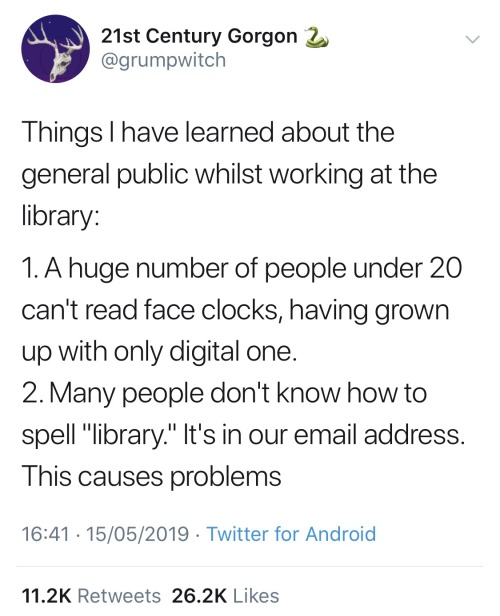
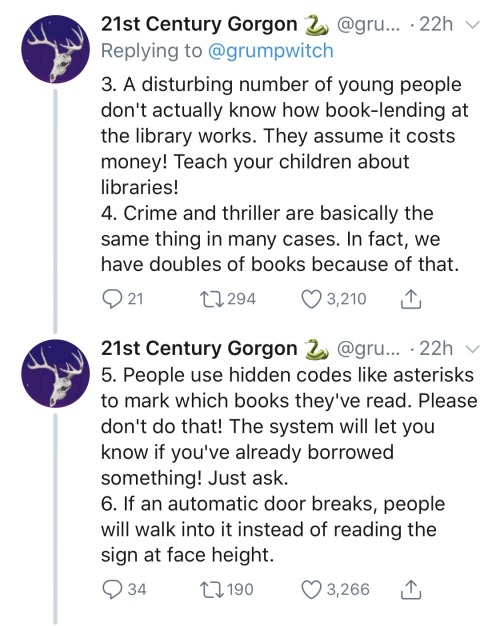
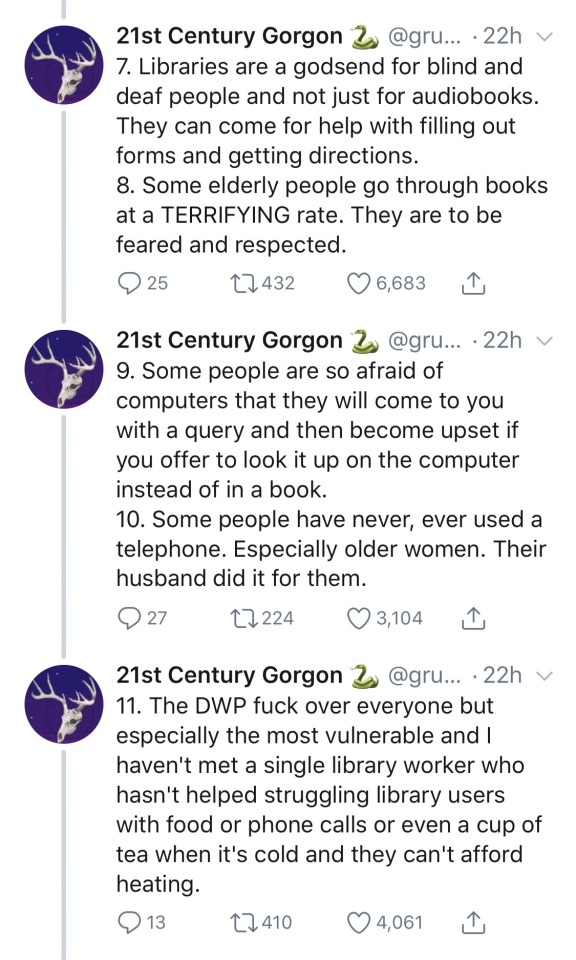

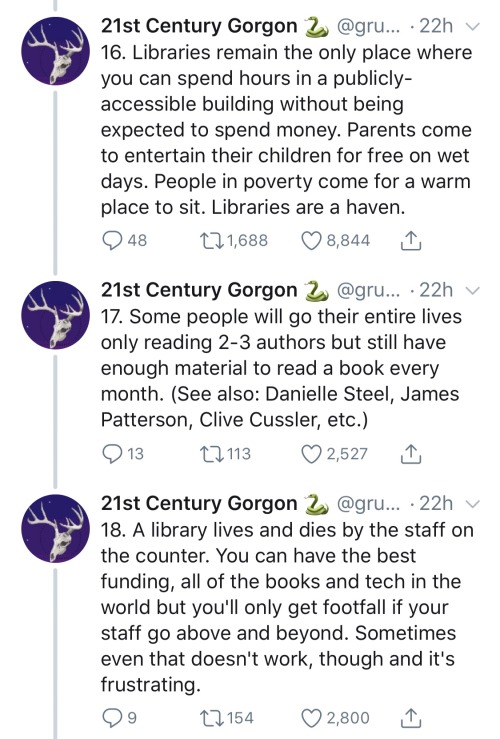
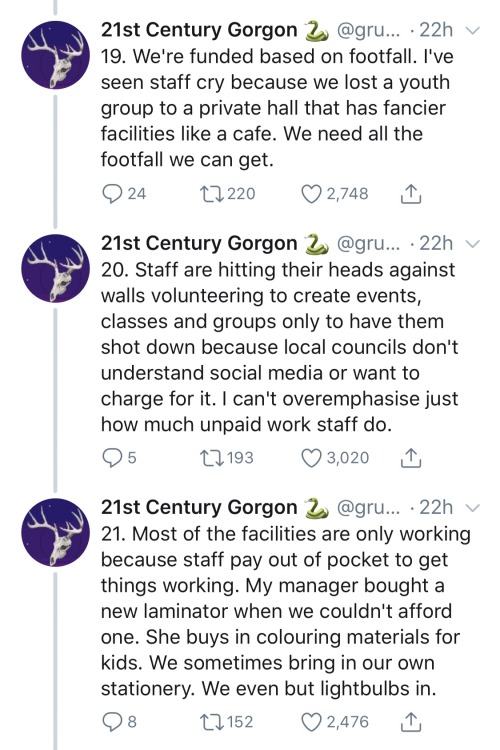
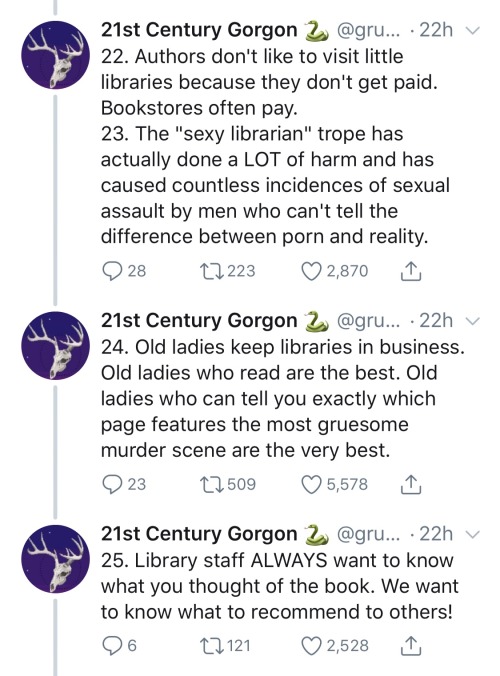

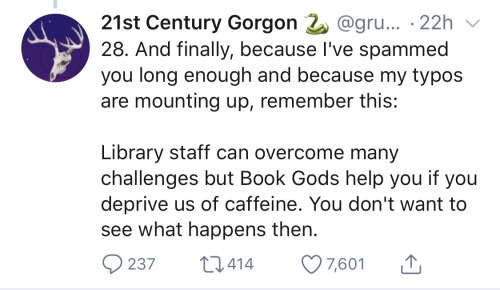
I watched Wonder yesterday, and i was trying not to cry and ended up crying at the end bcs i held in all those tears


I may or may not have…. Uhhhh….. uhhhhhhh
For context: this was under a post showing two gay men wearing hoodies of a brand.
*sigh* queen Victoria’s arms are quite exquisite 😩
**makes a Gregorian chant dedicated to the exquisite arms**

I am broke in money and in terms of mental health, but reblogging Roger is free therapy


BASIC KOREAN SENTENCE STRUCTURE
♡ in korean, it is important to use the correct sentence structure, or your sentences may seem really confusing :
-> in english : Subject Verb Object -> in korean : Subject Object Verb
now, let’s look at some examples!
we are gonna use this simple sentence : “i bought a book”, in korean it would be : “i a book bought”
저는 책을 샀어요 책 = book 샀어요(past tense) from the verb 사다 = to buy it’s really different, right?
⚠ the object ALWAYS comes BEFORE the verb, and the verb is ALWAYS at the END of the sentence. ⚠
♡ locations are also used BEFORE verbs :
“저는 학교에 가요” i go to school 학교 = school 에= location particle (to) 가요 (present tense) from the verb 가다 = to go
“저는 학교에서 공부해요” i study at school 학교 = school 에서 = location particle (at) 공부해요 (present tense) from the verb 공부하다 = to study
“저는 집에 잤어요” i slept at home 집 = home 에 = location particle (at) 잤어요 (past tense) from the verb 자다 = to sleep
⚠ you can put the time before or after the subject though :
both of these sentences mean “today I will eat at home” :
before -> 오늘 저는 집에서 먹을 거예요 after -> 저는 오늘 집에서 먹을 거예요 오늘 = today 집 = home 에서 = location particle (at) 먹을 거예요 (future tense) from the verb 먹다 = to verb
“tomorrow, i will study at school” before -> 내일 저는 학교에서 공부할 거예요 after -> 저는 내일 학교에서 공부할 거예요 내일 = tomorrow 학교 = school 에서 = location particle (at) 공부하다 = to study ~ㄹ 거예요 (future tense)
♡ adverbs are added before verbs : 저는 열심히 공부해요 I study hard 열심히 = hard
and finally, adjectives work the same way as they do in english! just put them before the noun they describe :
매운 라면 = spicy ramen 매운 = spicy 라면 = ramen
예쁜 여자 = beautiful woman 예쁜 = beautiful 여자 = woman





kitty kisses [ID in alt text]
tattoo tickets
-
 anna91ccy liked this · 7 months ago
anna91ccy liked this · 7 months ago -
 celteobookmegar liked this · 1 year ago
celteobookmegar liked this · 1 year ago -
 bulek-tante-bibi-baba-paklek reblogged this · 1 year ago
bulek-tante-bibi-baba-paklek reblogged this · 1 year ago -
 phyllis-loveseex59123-blog liked this · 3 years ago
phyllis-loveseex59123-blog liked this · 3 years ago -
 crediblesource liked this · 3 years ago
crediblesource liked this · 3 years ago -
 leeeemeeeeleeee liked this · 4 years ago
leeeemeeeeleeee liked this · 4 years ago -
 dvstraction liked this · 4 years ago
dvstraction liked this · 4 years ago -
 raely-study liked this · 4 years ago
raely-study liked this · 4 years ago -
 erzsialicia liked this · 4 years ago
erzsialicia liked this · 4 years ago -
 wonwoos-tracksuit liked this · 4 years ago
wonwoos-tracksuit liked this · 4 years ago -
 paradis3k1ss reblogged this · 4 years ago
paradis3k1ss reblogged this · 4 years ago -
 multi-101 reblogged this · 4 years ago
multi-101 reblogged this · 4 years ago -
 multi-101 liked this · 4 years ago
multi-101 liked this · 4 years ago -
 ll-ii-vv liked this · 4 years ago
ll-ii-vv liked this · 4 years ago -
 tepidtrashpile reblogged this · 4 years ago
tepidtrashpile reblogged this · 4 years ago -
 tepidtrashpile liked this · 4 years ago
tepidtrashpile liked this · 4 years ago -
 maiasqueen liked this · 4 years ago
maiasqueen liked this · 4 years ago -
 meatthefunction liked this · 4 years ago
meatthefunction liked this · 4 years ago -
 hwa-luvs liked this · 4 years ago
hwa-luvs liked this · 4 years ago -
 successbringshappiness liked this · 4 years ago
successbringshappiness liked this · 4 years ago -
 wooziscollarbones reblogged this · 4 years ago
wooziscollarbones reblogged this · 4 years ago -
 seungcheolhisoranji reblogged this · 4 years ago
seungcheolhisoranji reblogged this · 4 years ago -
 wooziscollarbones reblogged this · 4 years ago
wooziscollarbones reblogged this · 4 years ago -
 wooziscollarbones liked this · 4 years ago
wooziscollarbones liked this · 4 years ago -
 mayanangel liked this · 4 years ago
mayanangel liked this · 4 years ago -
 allthtyazz liked this · 4 years ago
allthtyazz liked this · 4 years ago -
 seungcheolhisoranji reblogged this · 4 years ago
seungcheolhisoranji reblogged this · 4 years ago -
 seungcheolhisoranji liked this · 4 years ago
seungcheolhisoranji liked this · 4 years ago -
 hoe4wonwoo liked this · 4 years ago
hoe4wonwoo liked this · 4 years ago -
 dreamxpjewel liked this · 4 years ago
dreamxpjewel liked this · 4 years ago -
 smileysuh liked this · 4 years ago
smileysuh liked this · 4 years ago -
 girlwithacinderblockgarden liked this · 4 years ago
girlwithacinderblockgarden liked this · 4 years ago -
 sunnyparkers liked this · 4 years ago
sunnyparkers liked this · 4 years ago -
 yu-by liked this · 5 years ago
yu-by liked this · 5 years ago -
 navigatorbird liked this · 5 years ago
navigatorbird liked this · 5 years ago